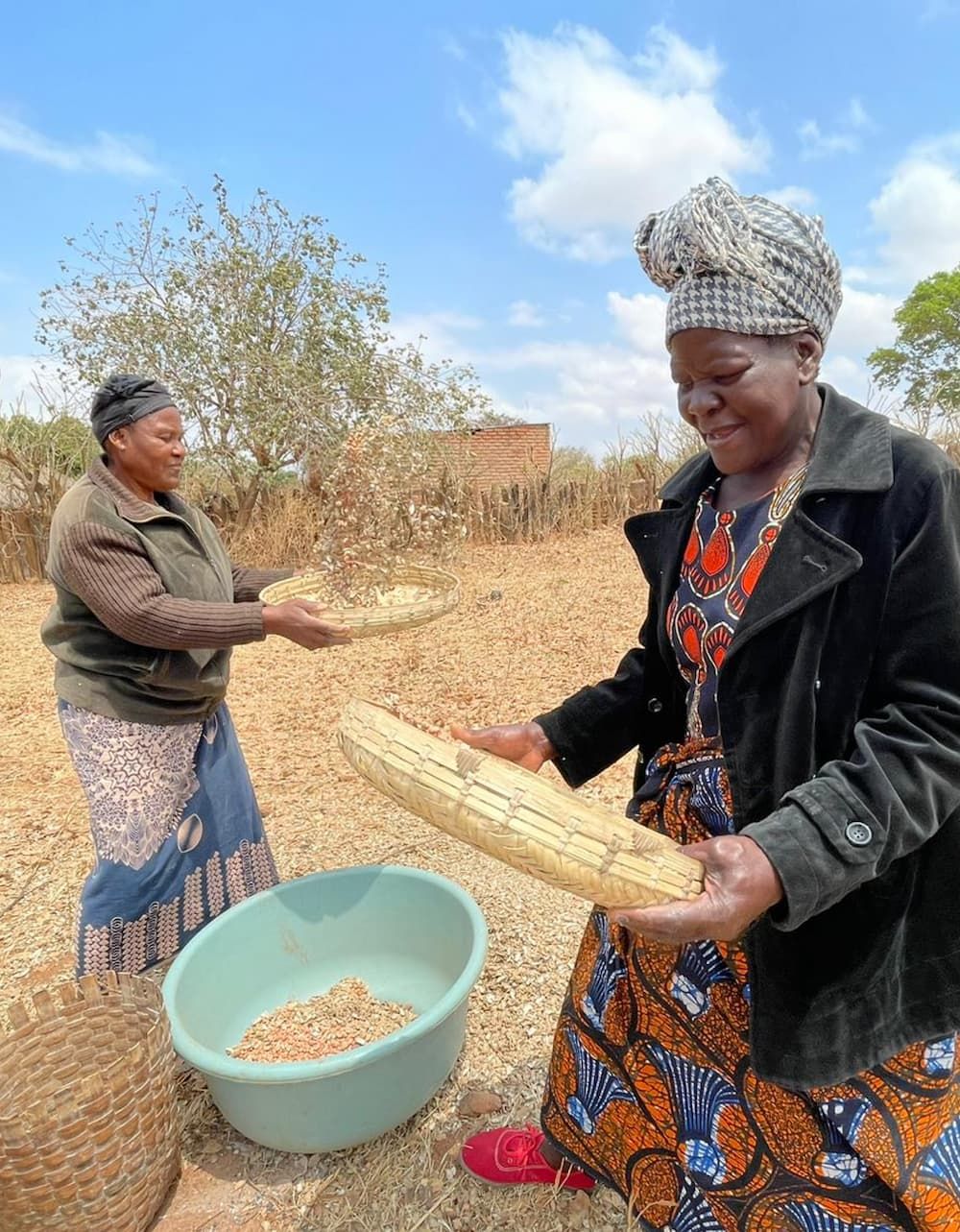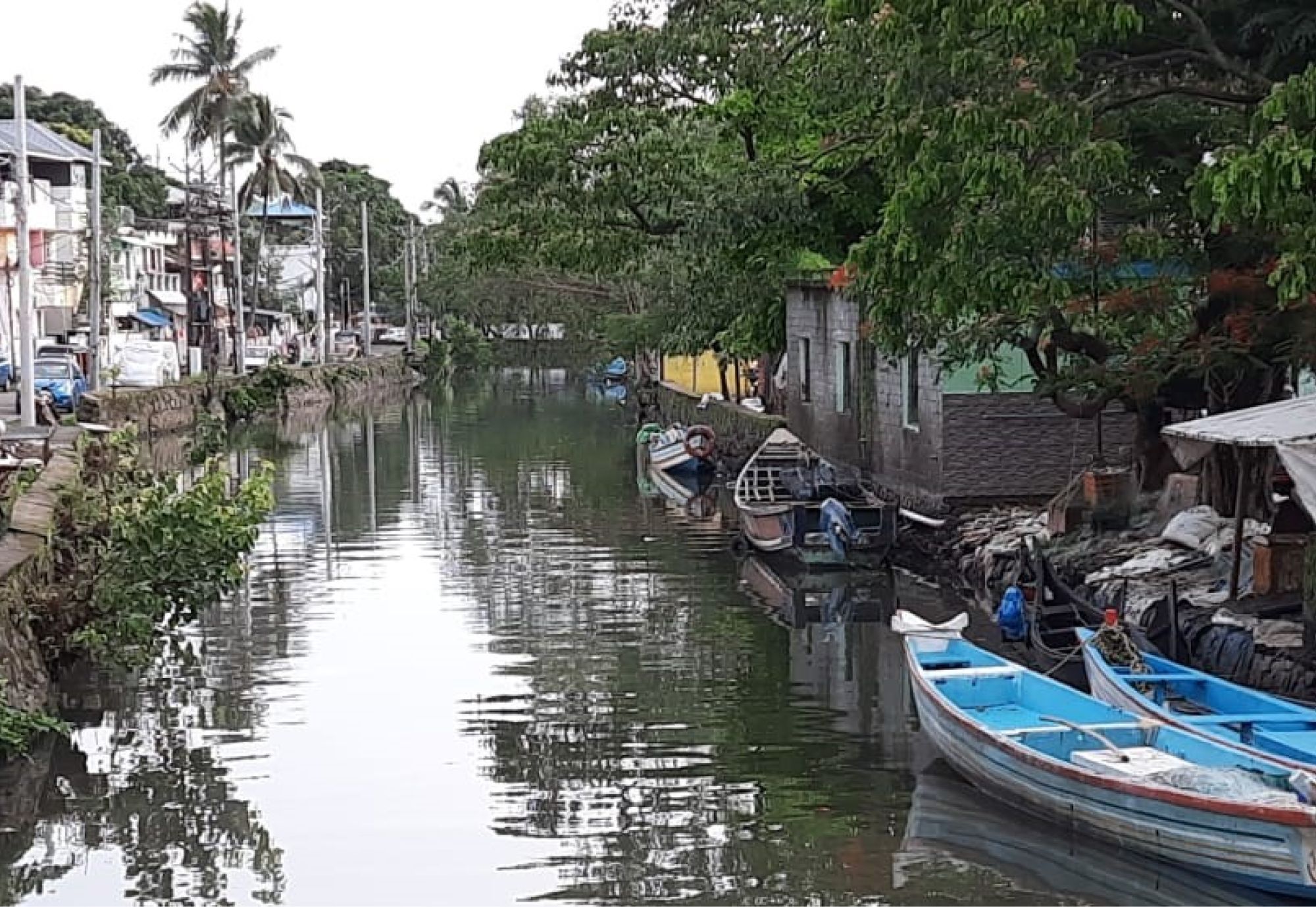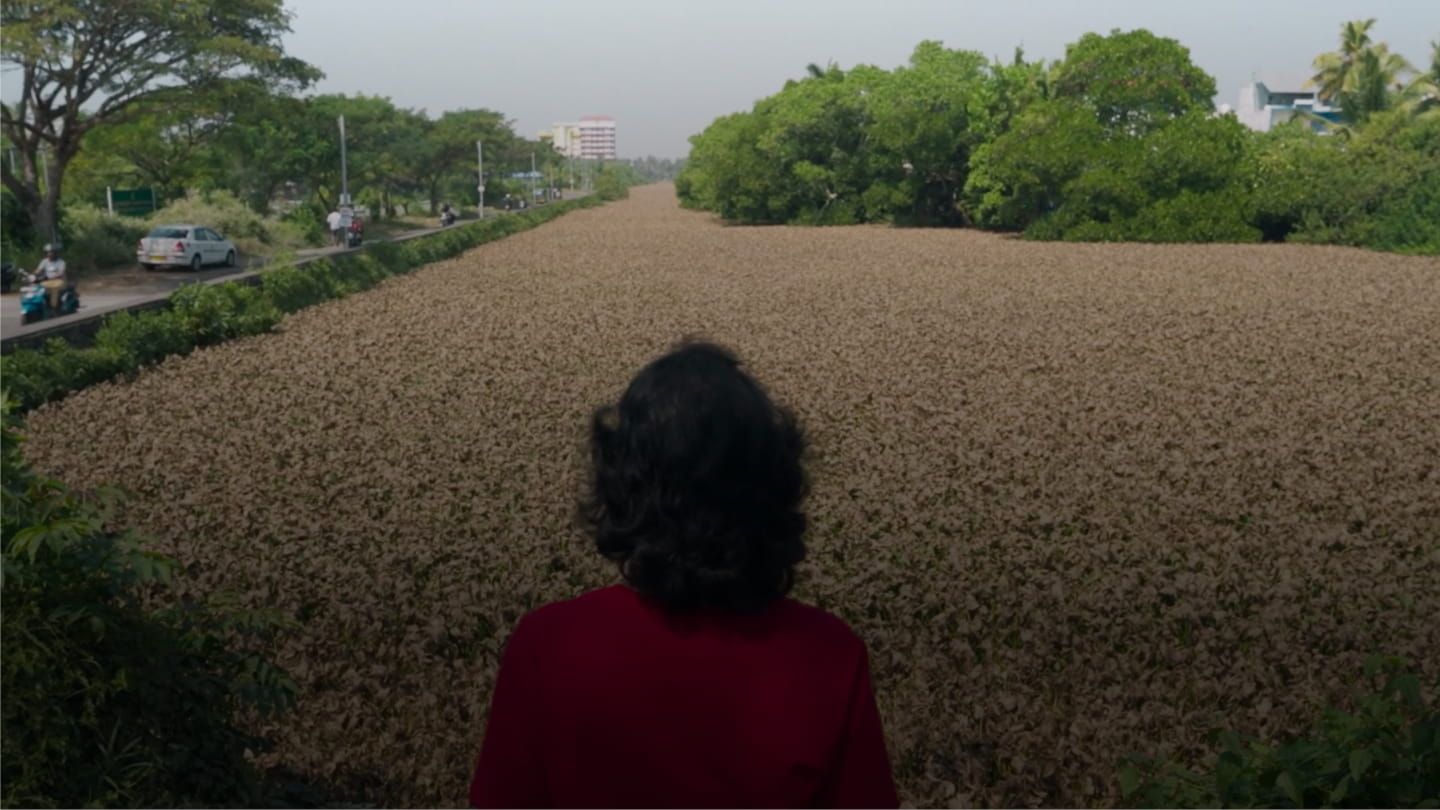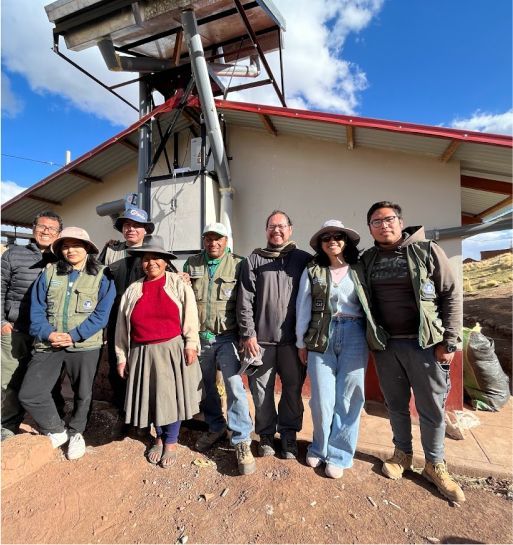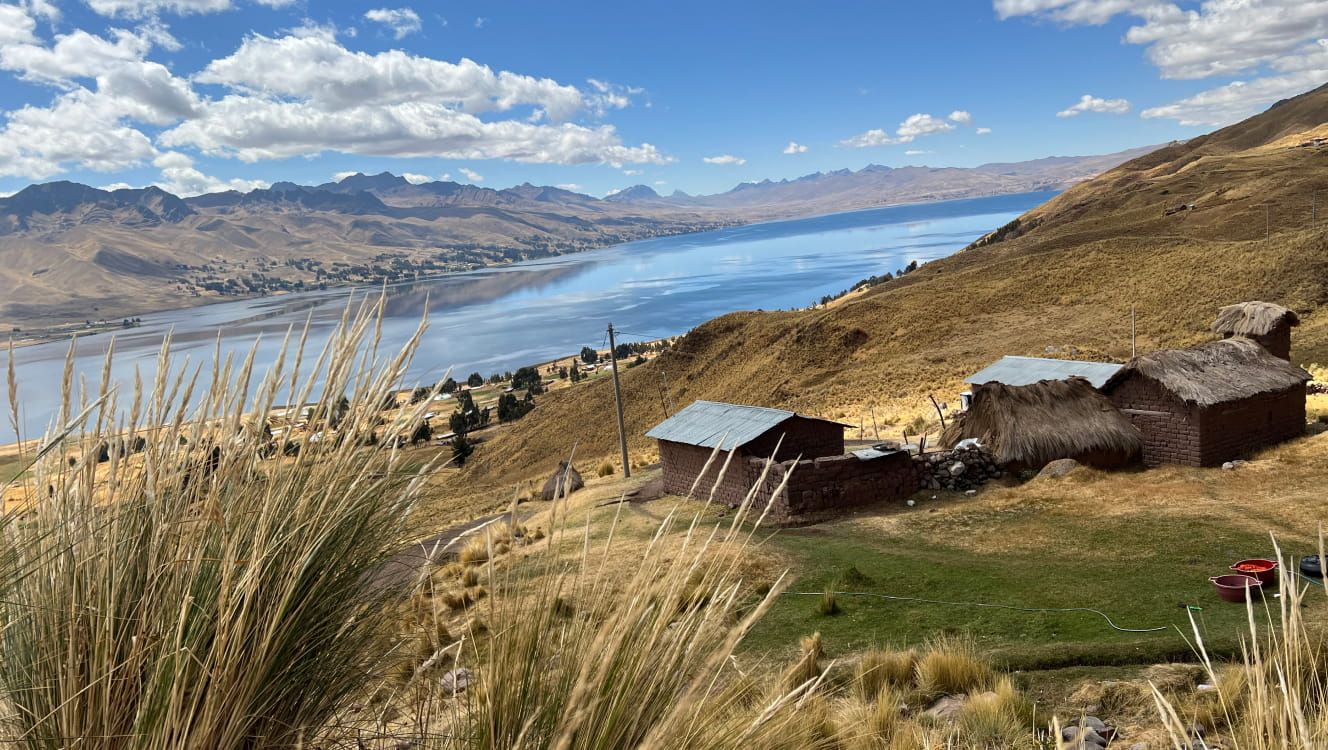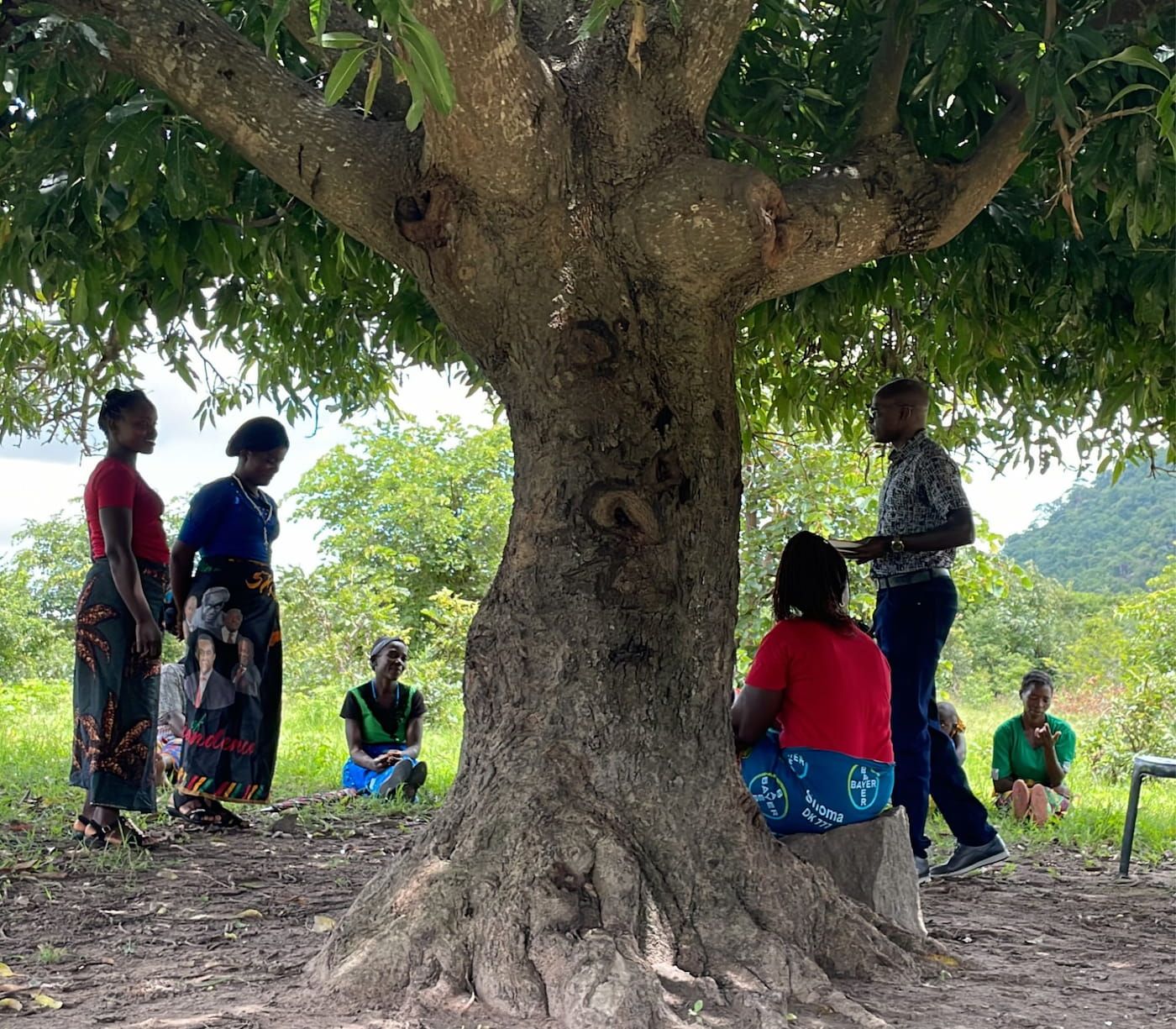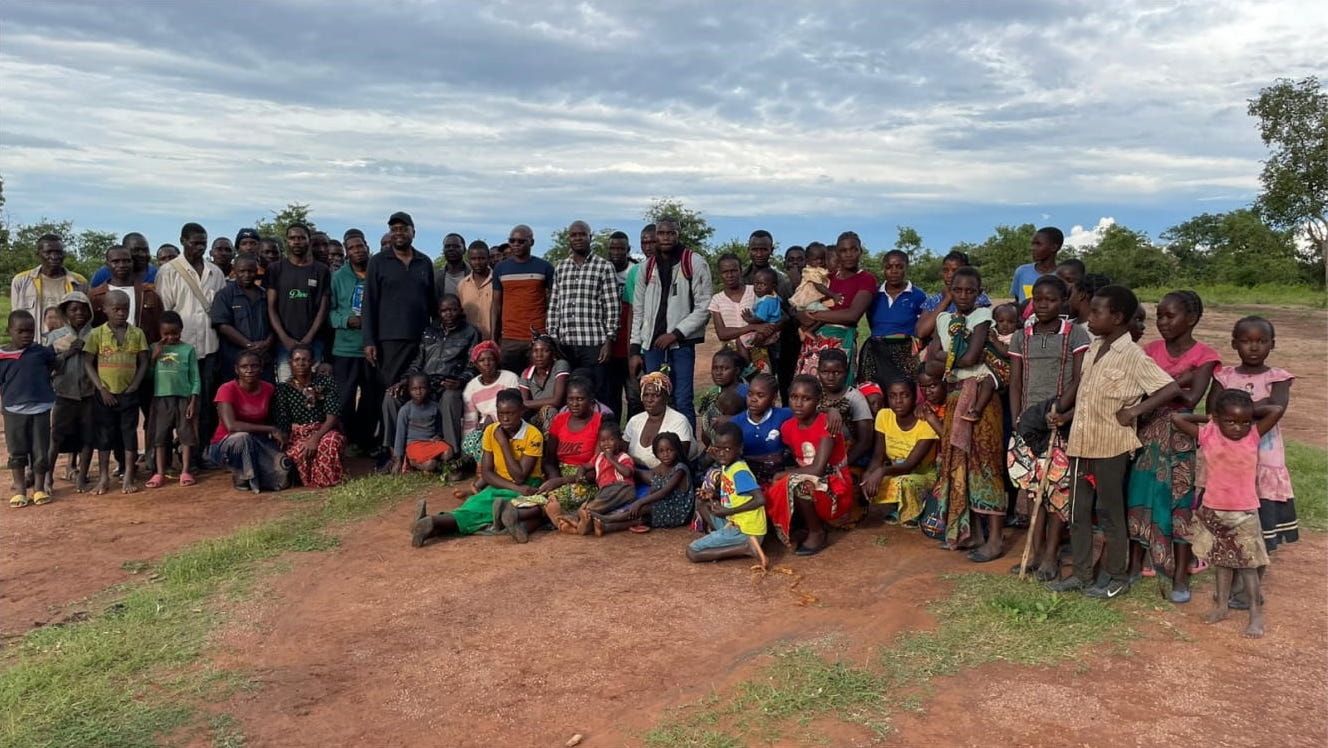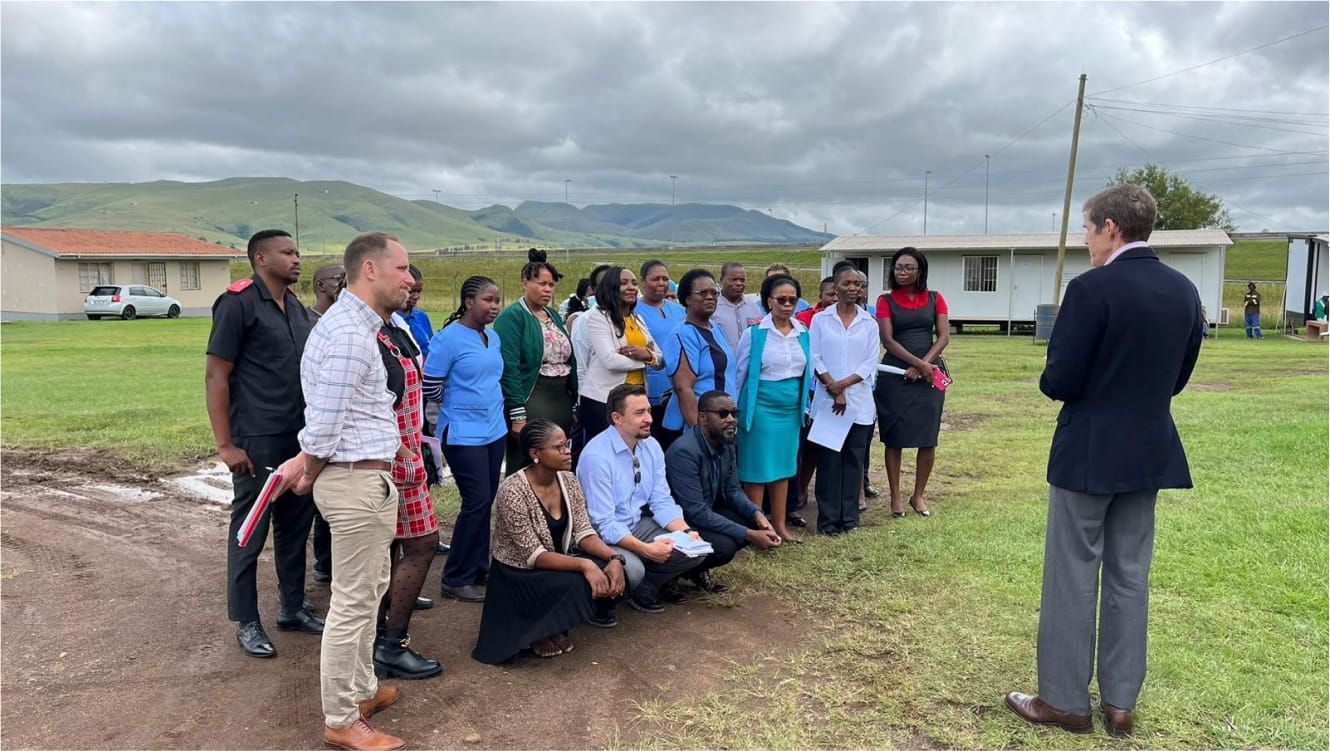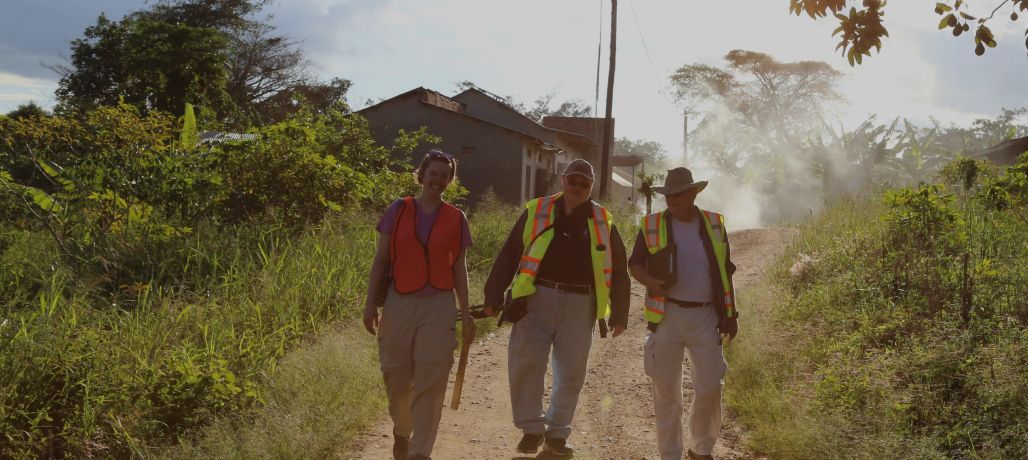Impact infrastructure is infrastructure that is tied to the wellbeing of communities. It’s resilient and built at the community level. Importantly, it integrates long-term risks and vulnerability assessments into building flexible, sustainable solutions that reduce the adverse impacts of natural hazards and human-made catastrophes.
Bechtel.org addresses challenges such as electrification and digital connectivity, food security, land regeneration, and climate-resilient housing. This critical work involves proactively identifying issues, designing solutions, and deploying the know-how to engineer and build for the greater good.



